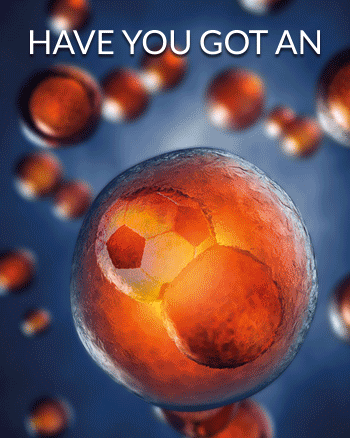Keywords
multicentric Castleman disease, human immunodeficiency virus, interleukin 6, siltuximab
Abstract
Introduction: Multicentric Castleman disease (MCD) is a lymphoproliferative disorder characterized by lymph node histopathology and systemic symptoms. To our knowledge, there are no descriptions in the literature of long-term outcomes of human herpesvirus-8 (HHV-8)-associated MCD.
Case Description: We report a case of a 70-year-old male living with human immunodeficiency virus and a history of human herpesvirus-8 (HHV-8)-associated MCD. The patient reported having had low-grade fever for two weeks. Extensive workup revealed systemic lymphadenopathy without evidence of autoimmune disease or malignancy. Lymph node biopsy was consistent with HHV-8-negative idiopathic MCD (iMCD). The patient was subsequently scheduled for anti-interleukin-6 therapy.
Discussion: The present case is the first report of probable development of iMCD after long-term follow-up for HHV-8-associated MCD. The case illustrates the possible long-term consequences of MCD, suggesting the necessity of further research on the pathogenesis of CD.
Conclusion: Given the uncertainty in the long-term outcomes of HHV-8-associated MCD, periodic surveillance of patients with a history of HHV-8-associated MCD is warranted. Prospective nationwide cohort studies comparing characteristics of HHV-8-associated MCD and iMCD would bring further insights.
References

Views: 271
HTML downloads: 67
PDF downloads: 293
Published:
2023-06-20
Issue:
2023: Vol 10 No 7
(view)










